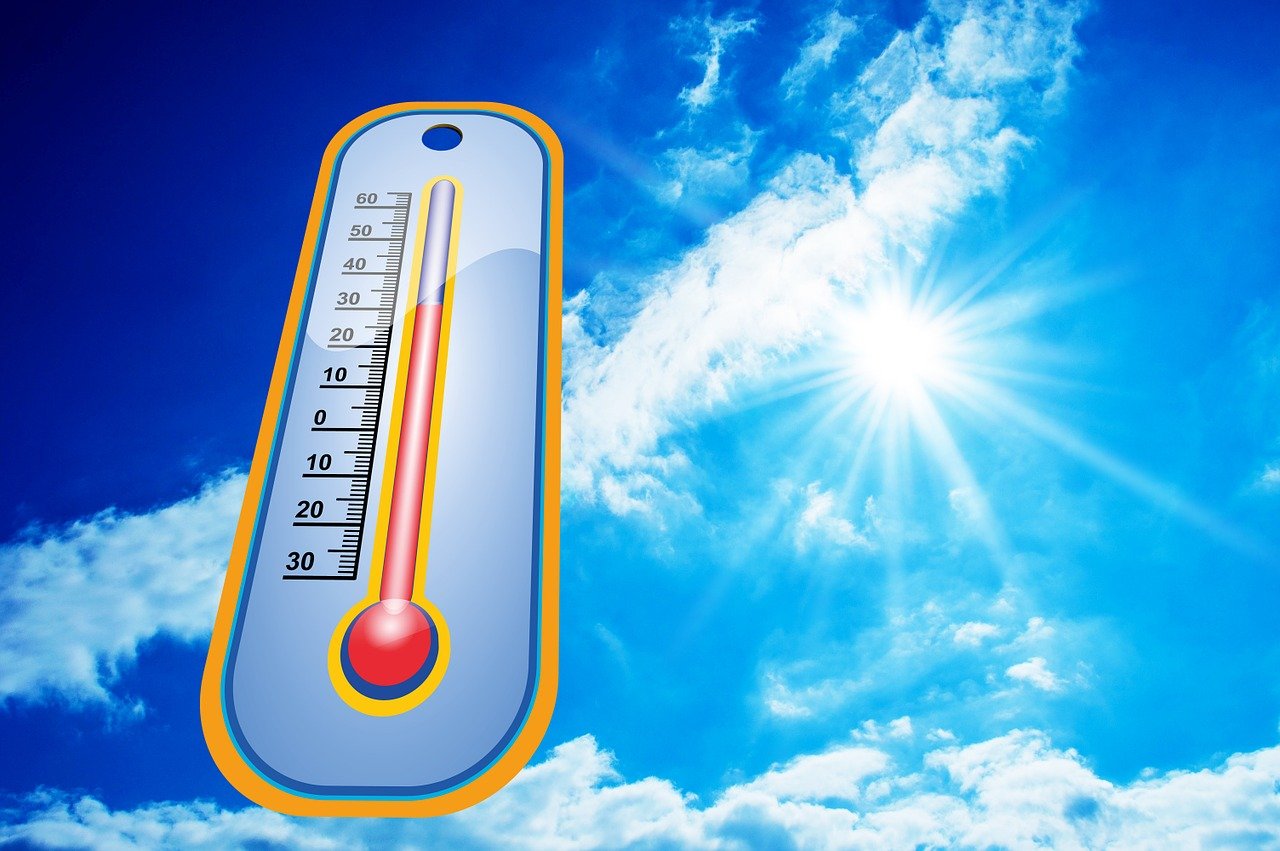Heat can cause serious and potentially fatal health problems such as heat exhaustion and heatstroke, trigger sudden events like heart attack or stroke, or worsen existing medical conditions like kidney or lung disease.
Extreme heat can affect anybody. Those more at-risk include people over the age of 65, babies and young children, pregnant women, people with acute or chronic health problems and people who are socially isolated.
Staying safe in extreme heat
Prevent heat-related health problems by keeping cool and staying hydrated during hot weather. Plan ahead and check in with others.
Keep cool:
1. Use air conditioning if available. The cost of air-conditioning can be reduced by using a fan at the same time, and increasing the thermostat temperature on your AC unit to 26-27˚C.
2. Electric fans can help cool the body when the indoor temperature is below 39-40˚C.
3. Keep your skin wet using a spray bottle or damp sponge.
4. Soak a towel in cool tap water and wrap it loosely around your head.
5. Take cool showers or foot baths with cool tap water.
6. Wrap ice cubes in a damp towel and drape around your neck.
7. Wear light and loose-fitting clothing.
8. Consider visiting an air-conditioned building such as a shopping centre or public library.
9. Use blinds or curtains to block sun from shining directly through windows.
10. Open windows and doors if you think it is hotter indoors than outdoors.
Stay hydrated:
During days when you are exposed to extreme heat, keep drinking water before you feel thirsty, especially if outdoors and performing physical activity. If your doctor has asked that you limit your fluid intake, ask them how much water you should drink during hot weather.
Whenever you leave home, always take a water bottle with you.
Watch for signs of dehydration like feeling thirsty, lightheaded, having a dry mouth, tiredness, having dark-coloured, strong-smelling urine or passing less urine than usual.
Plan ahead:
– During extreme heat, cancel or reschedule non-essential outings.
– Plan essential activities for the coolest part of the day. If you do have to go outside, take a water bottle with you, seek shade, and wear a hat and sunscreen for skin protection.
– Keep up to date with weather forecasts and warnings – via TV or radio, check the Bureau of Meteorology heatwave forecast online or via their app, and subscribe to receive Heat health warnings from the Department of Health.
– Stock up on food, water and medicines so you don’t have to go out in the heat.
– Make sure that food and medicines are stored at appropriate temperatures.
– See your doctor to check if changes are needed to your medicines during extreme heat.
– Check that your fan or air-conditioner works well. Have your air-conditioner serviced if necessary.
– Power failures can happen during times of extreme heat – ensure you have a torch, battery-operated radio, fully charged mobile phone or battery back-up, food items that don’t require refrigeration, medications, plenty of drinking water and other essential items. Have a cool-box available to store ice or cool packs with medications.
– Look at the things you can do to make your home cooler such as installing reflecting coatings, insulation, glazing, external window awnings, shade cloths or external blinds, and planting trees to provide shade around the house.
Thanks for reading this Article. hope it has helps


